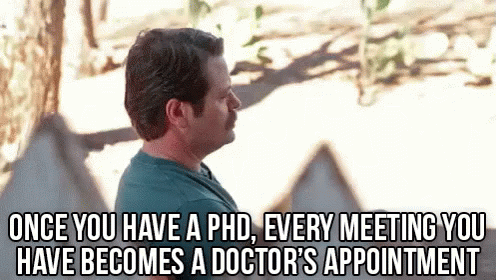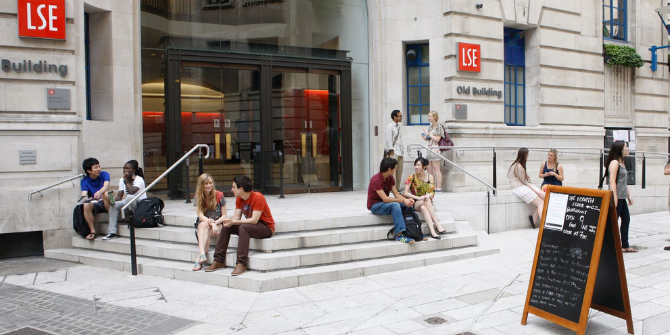Blog by LSE PhD student Hannah Cottrell:
1. Funding – know your options
This can be one of the main obstacles for many people wishing to pursue postgraduate study, especially for PhD students who are committing 4-5 years of their time, effort and money. When applying for PhD positions make sure you know what kinds of funding are available to you and whether or not you would be able to undertake study without it! The more well-known funding opportunities come from the ESRC and LSE Studentships, whilst there are also fully funded PhD positions for individuals focusing on specific social issues. However, securing funding from different sources and funding bodies is often a good way to get around the problem of obtaining large scholarships or grants, and with a little research you will find there are lots of different opportunities for financial support for your studies, whether these be subject specific or regional.
There are special grants and scholarships for PhD students writing up their thesis and need a little help for the final push, there are grants especially to conduct research abroad or at partner institutions to LSE – make sure you explore all avenues open to you before you accept your offer and commit as PhD’s can be very expensive especially when living in London. Many PhD students work part-time alongside their research so this is definitely a viable option for some, however, know your limits and don’t overstretch yourself to the detriment of your academic work.
2. Positive attitude
Don’t stress yourself before you’ve begun! The expectations of PhD study may be entirely different to what you are used to but as you have already made it this far through your academic life there are few challenges that you can’t rise to. Starting a PhD course can be a daunting prospect but you’ve been accepted onto it because you are capable and passionate about your research interests – let this be your motivation and don’t weigh yourself down with expectations before you have started your journey.
3. Accommodation
This is one of the most important aspects of your PhD journey and securing somewhere to live is never an easy task – no one actually enjoys flat/house hunting in London! Some things to consider are: Who will you live with? Is the location you’ve chosen convenient to attend university? If your accommodation is further away from LSE are you near good transport links? Where you live can be crucial for some students as you may prefer to work from home on the days they don’t have seminars, so making sure that you have a good desk and an environment conducive of work if you’re a home study person is something to consider.
Another consideration is whether you’ll live with other people. If you’re lucky enough to already have friends in London or are commuting from home then you’re safe from the worries of finding flat/house mates. Making sure you’re happy with the people you live with is key, so speak with them or meet them before you move in. On the other hand, you might want to live alone but make sure you’ve thought about whether you may find this lonely!
4. Working independently
Unlike previous experiences of education (and definitely mine), a PhD really is independent study in its purest form. Whilst you may have a few deadlines and pieces of work to discuss with your supervisors every few weeks, the majority of your time will be spent doing your own work and research, often with no definite deadlines or direction. For this you will need to be a very motivated person; no one is going to chase you around for work you haven’t completed!
Managing your time effectively and making sure you have direction for your ideas and research is imperative for PhD study. The relatively unstructured nature of a PhD means that you will have a lot of ‘free’ time but by setting yourself targets and setting yourself a structure for your week will really help you keep on top of everything and provide some stability to your postgraduate university experience.
LSE Careers has many years’ experience of working with PhD students from all departments and offer a substantial programme of career development for PhD students looking to develop their career in academic or in other employment sectors. We run specialist events, fairs, seminars and talks throughout the year and 30 minute one-to-one careers discussions with Catherine Reynolds, our PhD careers consultant. Login to LSE CareerHub to book events and appointments.





